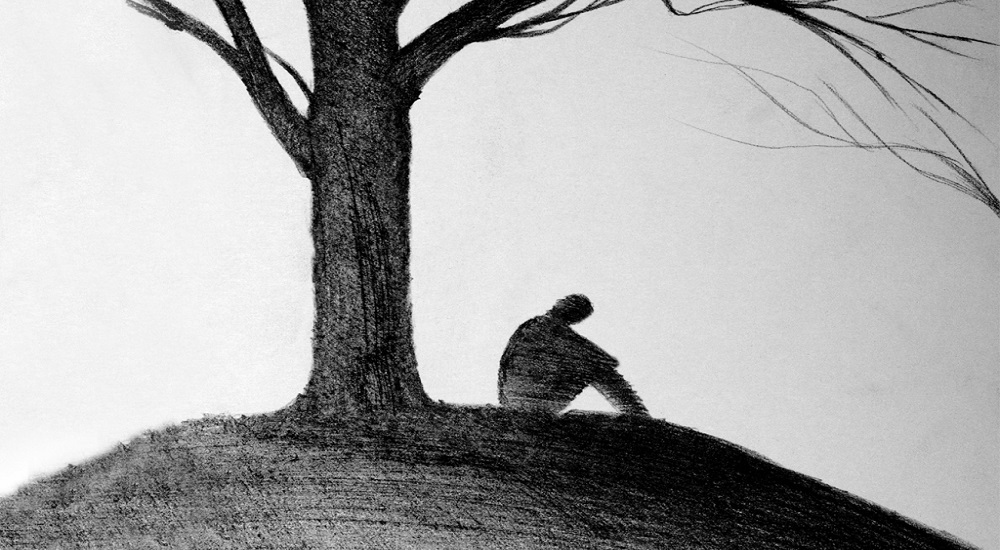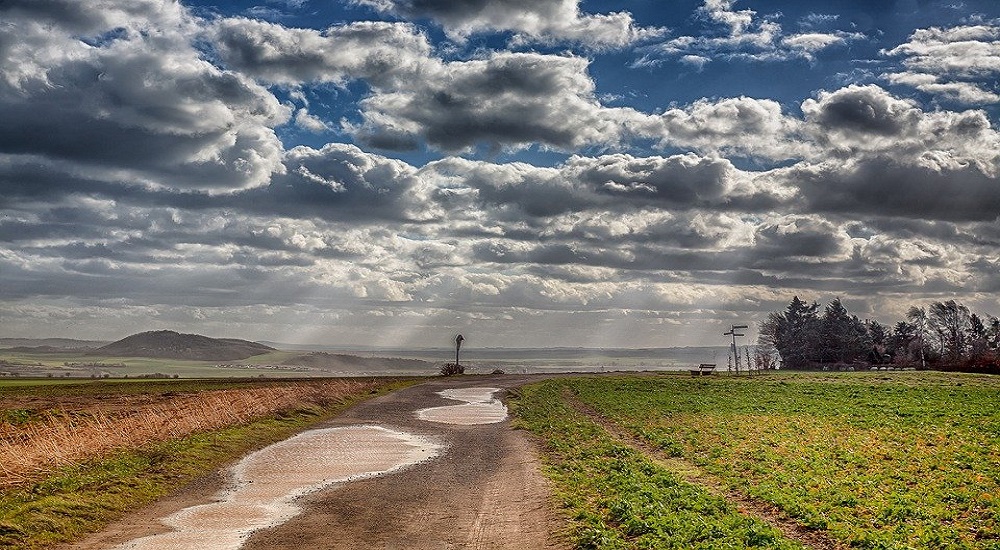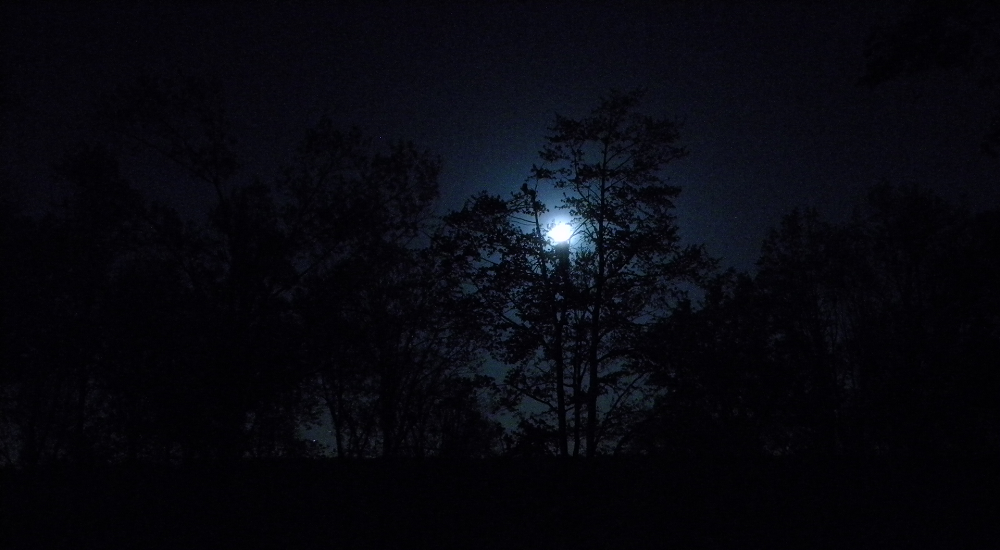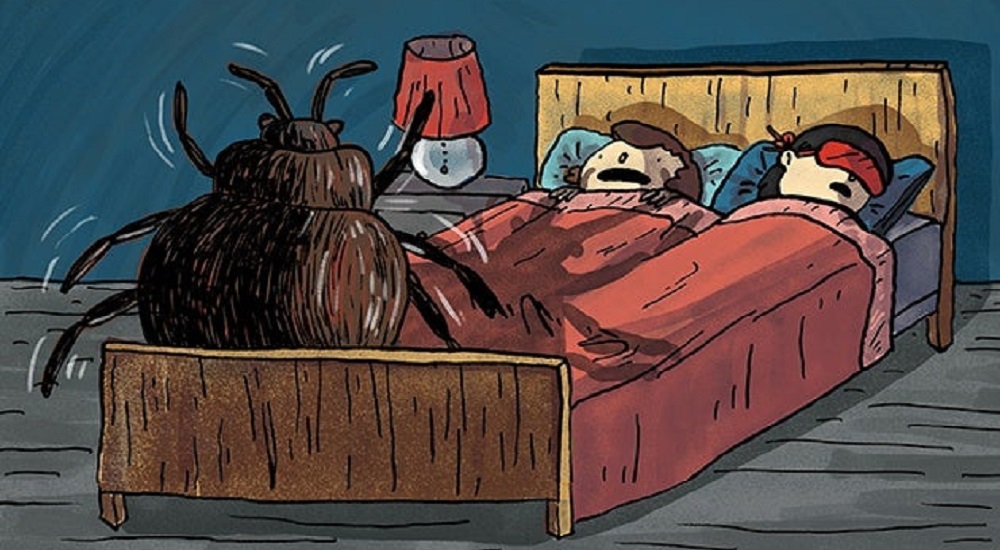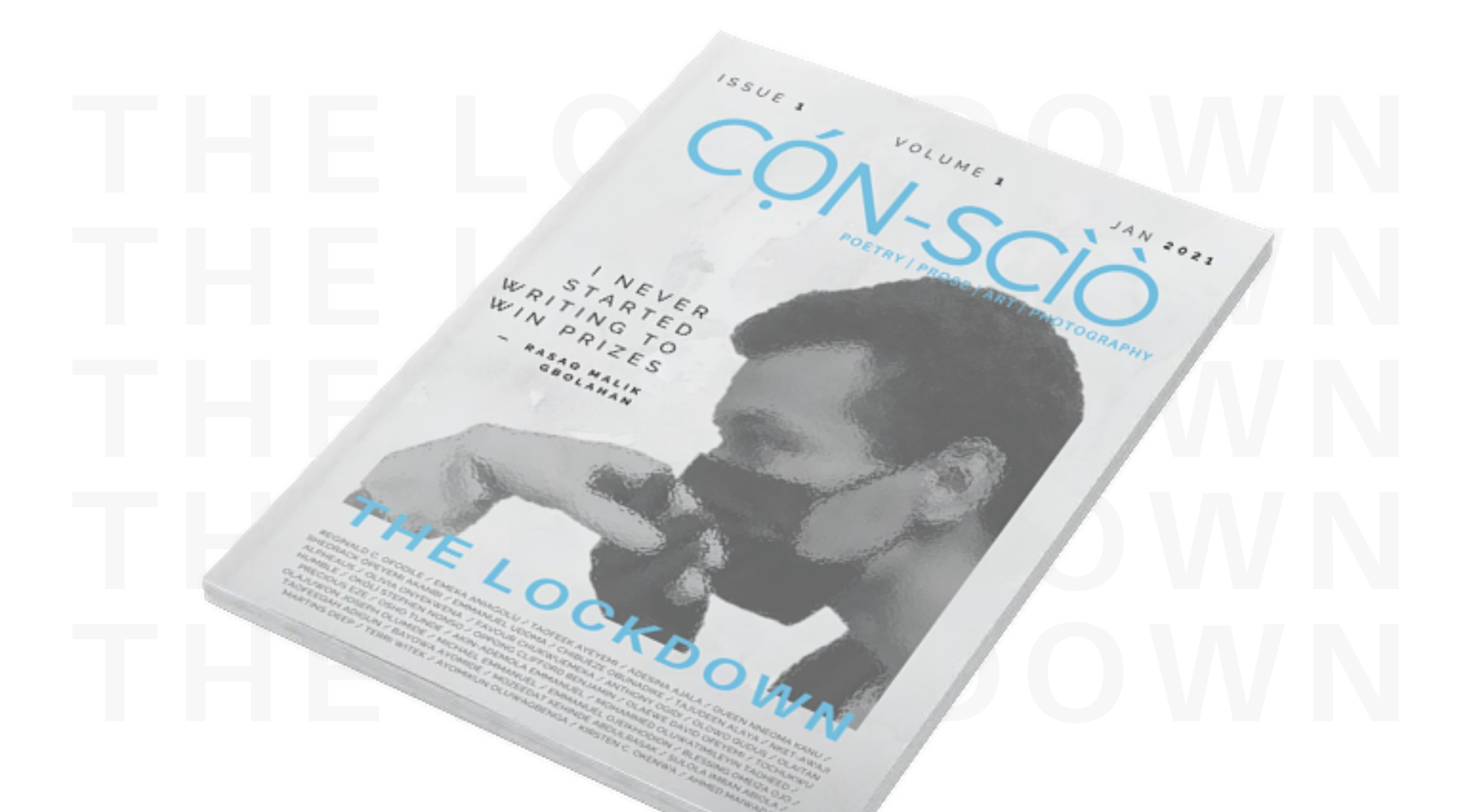Mama has always known pain. She had lost every battle in life, battles she fought armed with only love. As her accusers’ words stung her, she looked up and recounted her losses in loud wails punctuated by weeping bouts.
Blog
FESTIVAL OF CLOUDS (a poem by Salam Adejoke)
The wind hummed along
Then it was cloudy and windy
And soon all was bright and clear
And cloudy once again
HELIUM BALLOON (a poem by Franklyn Orode)
There are days when the coughing clouds spit acid on me
When rain comes pouring like prickly pieces of memories
AYOMIKUN (a short story by Temiloluwa Glory Motajo)
I was tired. I took a pillow over its face, its blind innocent face, and did not give a second thought. I killed it and by the next minute, murder had become my surname.
‘NIGHTS VOID OF DAWN’ & ‘WILL YOU STAY FOREVER?’ (two poems by Adeyeye James Oluwatobi)
I said I know what love is
I saw how you undo your pain
& sorround your broken heart with roses
Luscious, beautiful, poignant!
BEDBUGS (a poem by Adedamola Jones Adedayo)
Sometimes my skin slithers that I feel
snake-calculating gestures of foreboding,
HUE (a poem by George Oge-Kalu Comfort)
The world made her the best version for herself
Even when she was seen as just a rare piece of china on her mother’s shelf
SUBLIME LIVES: A BOOK REVIEW OF PROFESSOR EMEKA ANIAGOLU’S A TALE OF TWO GIANTS: CHINUA ACHEBE & WOLE SOYINKA by Kirsten C. Okenwa
A Tale of Two Giants by Professor Emeka Aniagolu is a thorough, stimulating and fascinating comparative study, grounded in historico-socio-political contextual analysis of the careers, creative, autobiographical as well as scholarly and polemical works of Africa’s two literary giants: Chinua Achebe and Wole Soyinka.
THE STATE OF NIGERIAN LITERATURE AND THE NEED FOR YOUTH INVOLVEMENT IN MANAGING THE AFFAIRS OF THE INDUSTRY by Ahmed Maiwada
Nigerian literature is not in the state that it ought to be, given the enormous Nigerian population; we need to do more. We need to develop a conscious policy towards enhancing the results achieved by our books out there in the market across the world.
HAIKU: AN INTRODUCTION by Taofeek Ayeyemi
Haiku originates from Japan and there, it is their oral form and usually in a sequence or linked verse form (called renga, renku or haikai no renga) up to 100 verses and more. The introductory verse to the sequence is the hokku which is now called haiku.


